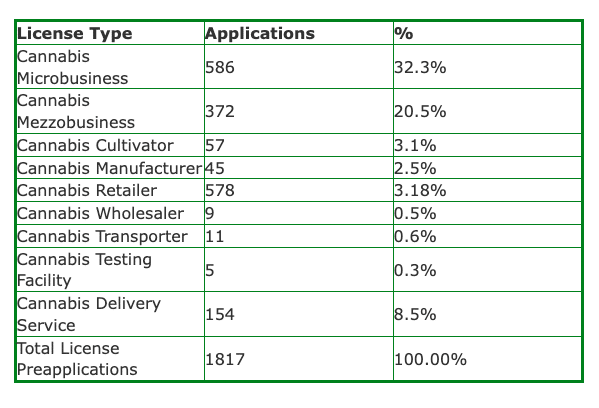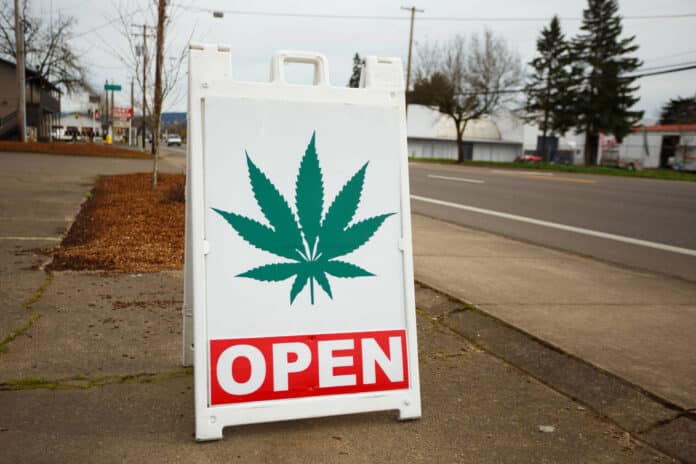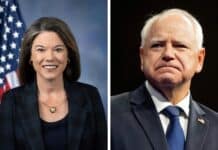The Office of Cannabis Management (OCM) is giving priority to applications from individuals who were formerly convicted of cannabis-related offenses as part of Minnesota’s efforts to launch a legal cannabis industry.
These applicants, considered “social equity” candidates under the new state law, are receiving early access to business licenses.
The OCM recently closed the first round of social equity applicant verification and license preapproval with the application period concluding on Aug. 12. In a newsletter, the office said 3,144 people sought social equity verification, and 2,307 were verified. From there, those who received social equity verification could submit an application for license preapproval. OCM received 1,817 applications for license preapproval.
Those who submitted applications will go through a review and vetting process and, if qualified, be entered into a lottery for 282 licenses.

Applicants who qualify for social equity status include individuals who were convicted of cannabis-related offenses before May 1, 2023, in addition to those with close family members with cannabis convictions.
“Applicants selected through the lottery who complete the final required steps, such as background checks, will be awarded license preapproval,” the OCM website explains.
OCM is planning to have another lottery for social equity approval in the future, according to its website.
Under Minnesota’s cannabis law, several criteria determine who can qualify for social equity status:
- Individuals convicted of cannabis-related offenses prior to May 1, 2023.
- Family members (such as parents, children, spouses) of individuals convicted of such offenses.
- All military veterans or National Guard members, including those whose service was affected by a cannabis-related offense.
- Residents living in areas with high cannabis enforcement rates, high poverty, or a significant reliance on SNAP benefits.
- Farmers involved in small-scale agricultural operations, earning between $5,000 and $100,000 in gross sales in recent years.
OCM said it had a lack of adequate data on areas that may have disproportionately high cannabis enforcement rates. State law required that a study be done of those areas, however, it was unable to be conducted. Applicants who believe they meet this criteria are encouraged to submit their own studies or reports for evaluation.
“It’s not like [prohibition] was working, but it did have very high costs, particularly for communities of color who are over-policed, over-prosecuted and had longer sentencing regarding marijuana crimes. It is the state’s responsibility to undo that harm. That means we have to aim the benefits proportionally at the communities that were harmed,” Sen. Lindsey Port, a Democrat from Burnsville and one of the lead authors of cannabis legalization, previously told ThreeSixty Journalism.
“That means social equity licensing. That means making sure those folks can get licenses first. That means making it easier for communities of color, and people who have previous cannabis records to be able to get jobs in the industry to remove barriers that would keep them from doing that.”
The application process for general licensing “will be announced soon,” according to the state’s website.
“The Office of Cannabis Management is committed to following Minnesota Statutes as we move towards opening a safe, equitable, and sustainable cannabis industry that will benefit Minnesotans across the state,” a spokesperson said, confirming that social equity applicants will receive licenses and be able to begin operating before general applicants.
“Of the 13 license types available in general licensing, four are capped in statute with 50% of available licenses designated for qualified social equity applicants and 50% available for all applicants,” the spokesperson added.
Cannabis legalization went into effect in Minnesota in August 2023.











